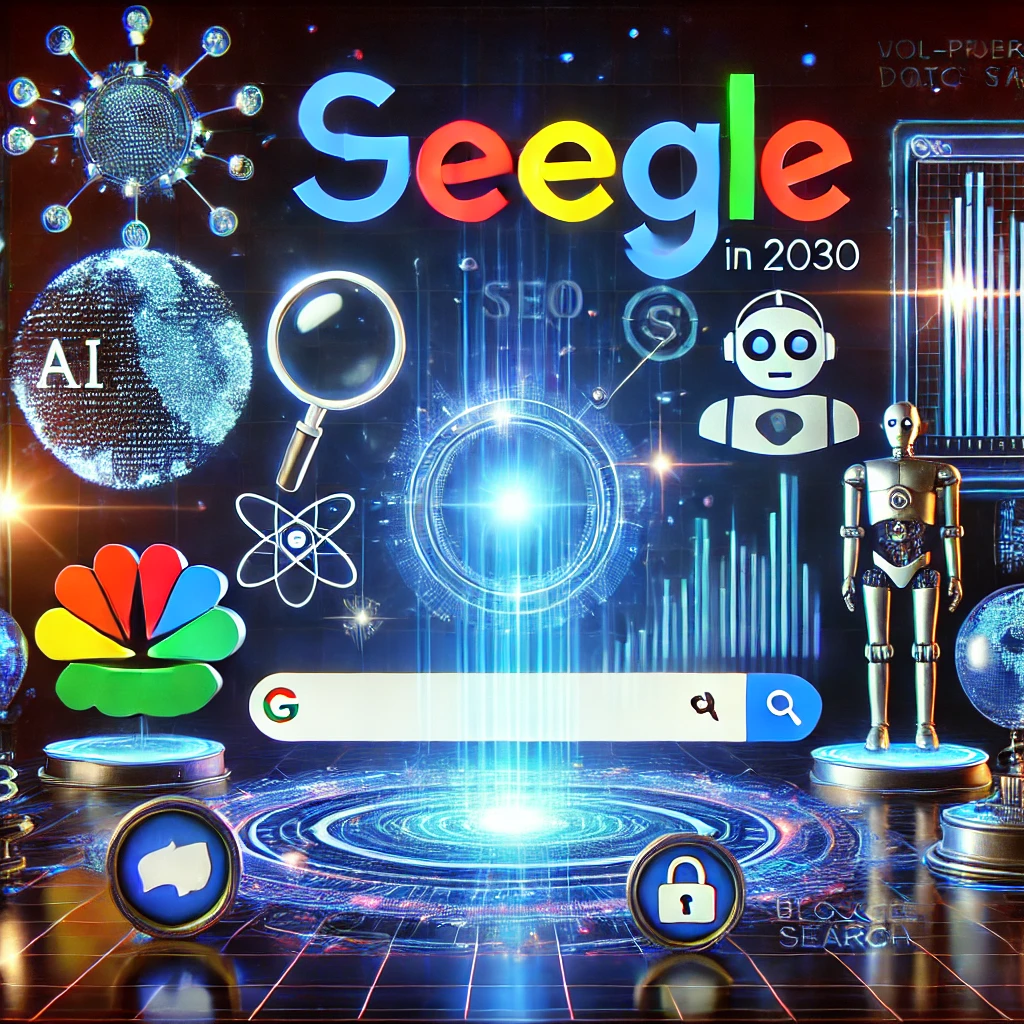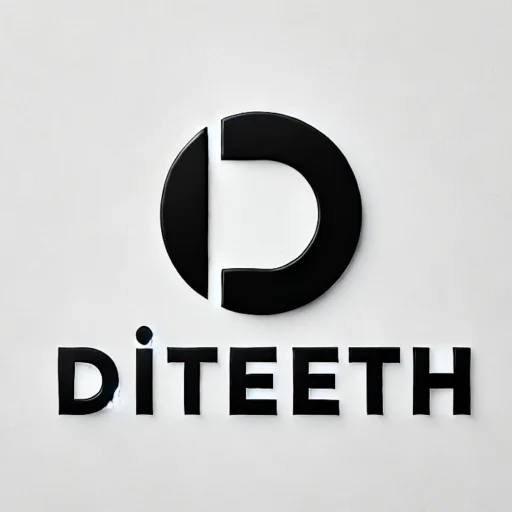
Introduction
Search engine optimization (SEO) is evolving rapidly. As we look ahead to 2030, emerging technologies like artificial intelligence (AI), voice search, and immersive experiences will redefine how businesses rank on Google. Understanding upcoming SEO trends will be crucial for staying competitive in the digital landscape.
1. AI and Machine Learning Dominate Search Rankings
Google’s AI-driven algorithms, like RankBrain and BERT, are only the beginning. By 2030, AI will play a dominant role in:
- Personalizing search results based on user intent.
- Understanding natural language queries with near-human accuracy.
- Evaluating user experience (UX) signals more effectively.
How to Adapt:
- Focus on intent-based content rather than keyword stuffing.
- Optimize for conversational search queries.
- Improve UX with fast-loading, engaging, and mobile-friendly pages.
2. Voice and Visual Search Will Overtake Text-Based Search
With the rise of smart assistants like Google Assistant, Siri, and Alexa, voice search will surpass traditional text searches. Additionally, visual search using Google Lens and AR-powered tools will become mainstream.
How to Adapt:
- Optimize for long-tail, natural language queries (e.g., “best organic coffee near me” instead of “organic coffee shop”).
- Use structured data to enhance search engine understanding.
- Include high-quality images with proper alt tags and schema markup.
3. Zero-Click Searches and SERP Features Will Increase
By 2030, zero-click searches will dominate as Google provides direct answers via featured snippets, People Also Ask (PAA), and knowledge panels.
How to Adapt:
- Optimize content for featured snippets by answering questions concisely.
- Use FAQ schema to increase visibility in PAA results.
- Ensure brand visibility through knowledge graphs and structured data.
4. Hyper-Personalization and Search Intent Optimization
Search results will be tailored to individual users based on their behavior, preferences, and location. Google’s AI will predict what users want before they even type a query.
How to Adapt:
- Create dynamic content tailored to different user personas.
- Use AI-powered chatbots and recommendation engines.
- Focus on first-party data collection as third-party cookies disappear.
5. E-A-T (Expertise, Authoritativeness, Trustworthiness) Becomes Non-Negotiable
Google’s emphasis on E-A-T will become stricter, especially for YMYL (Your Money, Your Life) content. Websites will need verified expertise to rank.
How to Adapt:
- Feature credentialed experts as content creators.
- Build high-quality backlinks from authoritative sources.
- Maintain transparency with accurate citations and author bios.
6. Video and Interactive Content Will Dominate
By 2030, video content and interactive experiences (e.g., quizzes, augmented reality, 3D models) will be key ranking factors.
How to Adapt:
- Optimize videos with transcripts, descriptions, and video schema.
- Implement interactive elements like polls and calculators.
- Prioritize short-form video content (e.g., YouTube Shorts, TikTok).
7. Blockchain and SEO: The Rise of Decentralized Search
Blockchain technology will introduce decentralized search engines, reducing Google’s monopoly and emphasizing user privacy.
How to Adapt:
- Optimize for alternative search engines like Brave and Neeva.
- Ensure website security with HTTPS and blockchain-based verification.
- Focus on user trust and authenticity rather than just algorithm manipulation.
Conclusion
The future of SEO in 2030 will be AI-driven, personalized, and interactive. Businesses must adapt to changing search behaviors and prioritize user experience to stay ahead. By leveraging voice search, video content, AI, and E-A-T, brands can secure long-term success in the evolving digital landscape.
